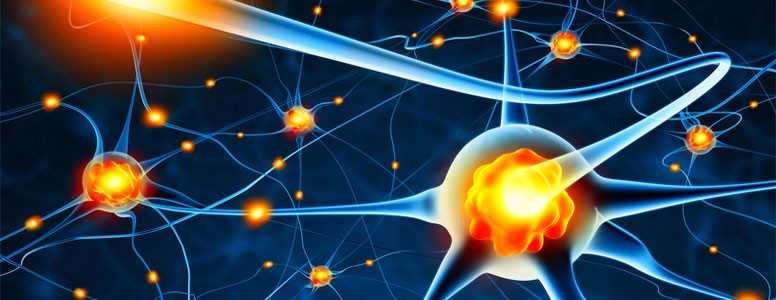GLP-1 agonists (GLP-1RAs) may impact the brain in entirely different ways than was previously thought to promote weight loss.
Scientists initially believed that these incretin-based type 2 diabetes drugs only bind to receptors in the hypothalamus but they may in fact affect many more brain circuits.
GLP-1RAs such as Victoza (liraglutide), Byetta (exenatide), and Tanzeum (albiglutide) mimic the hormone glucagon-like peptide-1 (GLP-1), which is released from the gastrointestinal tract into the circulation after meals. The hormone triggers the release of insulin, inhibits the action of glucagon and helps slow down digestion.
GLP-1 and, by extensio, GLP1-1RAs influence food intake and appetite through receptors present in brain areas that are known to be involved with energy balance.
Until now, researchers thought the majority of these receptors were found in the hypothalamus, as it is the main site of convergence and integration of signals that regulate food intake and energy expenditure.
But, research from Sanford Burnham Prebys Medical Discovery Institute shows that GLP-1RAs may in fact modulate more than just one brain region.
In the study, GLP-1RAs given to mice lacking GLP-1 receptors in the hypothalamus still resulted in reduced food intake and lower body weight.
This suggests that either GLP-1RAs interfere with other feeding behaviour-related brain pathways or that other regions of the brain may be involved.
The researchers are looking into whether GLP-1RAs could have effects on two dopamine-producing areas of the brain (ventral tegmental area and the nucleus accumbens) involved in reward pathways.
Previous research has, for example, shown that feeding and energy expenditure-related hypothalamic signals are processed in the ventral tegmental area.
These new findings may well lead to the development of new GLP-1RAs that will target these other parts of the brain to provide more potent and durable weight loss effects.
Feeding behaviours are complex and this study shows that we are just beginning to scratch the surface when it comes to the central nervous system control of food intake and body weight.
What's new on the forum? ⭐️
Get our free newsletters
Stay up to date with the latest news, research and breakthroughs.







